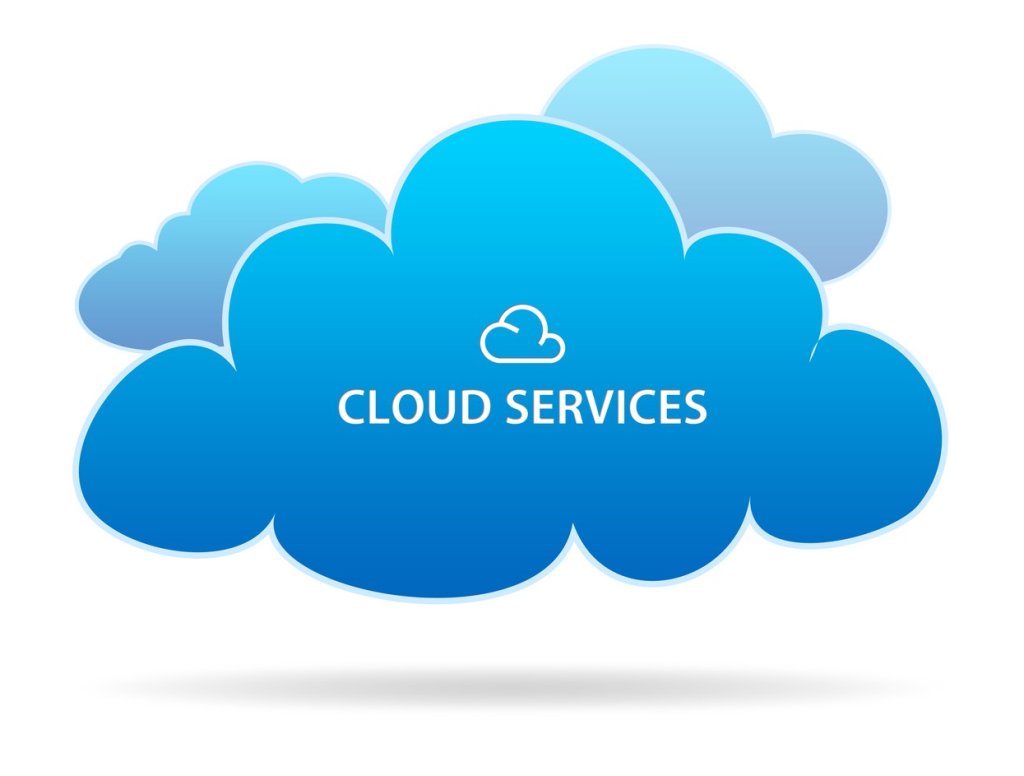Choosing the right cloud services for your business begins with assessing what your company needs. Cloud computing promises savings on many levels, but you’ll need to assess exactly which services will be most beneficial to your business to know how much savings will be gained.
Monitoring, Coordination & Cost
No matter what your industry is, you’ll want cloud services that provide extensive system monitoring. Even though cloud storage relies less on direct IT personnel than a traditional program, you’ll need to appoint an internal person to work with the cloud storage provider expert to keep an eye on your company’s infrastructure once it’s part of the cloud.
It’s recommended that you coordinate your internal servers with your cloud service so you can use your entire infrastructure efficiently. Make sure your internal data centers are compatible with your cloud host servers, which will rely on standardized APIs and data transformation capabilities. A modular architecture is also critical in choosing a cloud provider, since your business needs will evolve and you’ll want your services to move between various cloud platforms.
When it comes to cost, cloud computing contracts that are based on a pay-as-you-go system are particularly appealing to smaller businesses that need access to specific software for only a few users. In addition to paying for only what you use, cloud storage allows businesses quick access to specific technologies, paving the way for rapid growth.
Sifting through Service Choices
Other cloud services you may consider are those that provide the network and servers for your capacity and storage. Cloud vendors may also provide the platform, which includes the operating system and the database. If you’re looking for software applications, you’re saving yourself the trouble of buying a software license.
As you assess your cloud needs, analyzing your company’s usage of specific programs or databases is paramount. The number of company employees at your business sometimes doesn’t reveal usage requirements; they may not all need access to specific programs. Give your company room to change, since usage may vary and it’ll be up to your IT team to determine the most affordable business model for your cloud storage.
An Extension of Your Business
Because your data will reside on someone else’s servers and is collaborative, security is a primary concern. Depending on your industry, the privacy and security laws you’re bound to must be followed by your cloud provider as well.
You should also review your prospective cloud provider’s performance metrics. In evaluating cloud storage providers, find the same level of service that you provide for your customers, if not better. Service-level agreements will be critical.
Your business’s industry will also determine the type of cloud vendor you choose. Make sure the provider you select adheres to the same government or industry regulations to which your business is bound. It’s likely that your business could end up working with various cloud storage providers and you’ll have to sync and back up all these multiple cloud storage services.
Whether large or small, your company can clearly benefit from the slew of cloud computing services gaining a foothold across many different industries. Look at your cloud computing vendor as an extension of your company, since your business will benefit from higher IT productivity provided by your cloud hosting service. If you take the time to carefully research cloud computing and the benefits it can offer your business, you’ll reap the rewards for years in efficiency and savings.

